In Nigeria, many small businesses and individuals need help getting bank loans. Most loans go to large companies. However, it takes more work for smaller businesses to grow. The gap in financing for these businesses is over 600 billion naira each year.
The Credit Challenge in Nigeria
In 2019, domestic credit to the private sector was only 10.5% of the GDP. It is much lower than the 45.5% average in sub-Saharan Africa. Smaller businesses get less than 1% of total commercial credit.
Individuals face similar problems. More than half of Nigerian men have bank accounts, but only some get loans from banks. Women and youth find it even harder to get loans.
Crendly’s Mission
Crendly wants to change this. They aim to make it easier for people and businesses to get loans. Damilare Odueso, the founder and CEO of Crendly, says their company is working on a new way to decide who gets loans. They call it a “character-based lending solution.” This system helps financial institutions make better lending decisions.
How Crendly Works
Currently, Crendly has two main products. The first is the Crendly Marketplace. It helps individuals and small businesses find loans. The second is Crendly Check. This product allows banks and other financial institutions to check the creditworthiness of potential borrowers.
The Current State of Credit Access
Credit access in Nigeria is minimal. Many banks fear lending to individuals and small businesses because they fear they won’t get their money back. This is because many loans in the past have yet to be repaid.
Traditional credit systems in Nigeria need to be stronger. Crendly wants to solve this problem by providing better tools for making lending decisions.
Financial Inclusion and Economic Growth
Financial inclusion is essential for Nigeria’s economy. It helps people and businesses get the money they need to grow. With good access to credit, the economy can thrive. Imagine driving a car without oil – it wouldn’t work well. The same thing happens to an economy without good financial inclusion.
Government Efforts
The Nigerian government is trying to improve financial inclusion. They’ve made some progress. In 2020, about 56% of people had access to financial services. By 2023, this number had grown to 62%. The government has also introduced a credit scoring system to help more people get loans.
Technology’s Role in Credit Access
Technology is helping improve credit access in Nigeria. Advances in cloud computing and big data make it easier to assess someone’s creditworthiness.
Banks can now use data from many sources, like social media and payment records, to make better lending decisions. Artificial intelligence (AI) and machine learning (ML) are significant. They help process large amounts of data quickly and accurately.
Character-Based Lending
Character-based lending looks at more than just a person’s financial history. It considers other factors like their behavior and social interactions. This method can help people with a weak financial history but still trustworthy borrowers. Crendly uses this approach to make lending more inclusive.
Advice for Policymakers
For Nigeria to improve credit access, policymakers need to tackle the root causes of the problem. They should create policies that encourage good financial behavior and discourage bad behavior.
Banks and financial technology companies should work together to create better financial products. Using character-based lending can also help drive economic growth.
Conclusion
Crendly is working to make credit more accessible in Nigeria. By using new technology and a character-based approach to lending, they hope to help more people and businesses get the loans they need. It can lead to greater financial inclusion and economic growth in Nigeria.

1 Comment
You must be logged in to post a comment Login
Leave a Reply
Cancel reply
Leave a Reply
You must be logged in to post a comment.



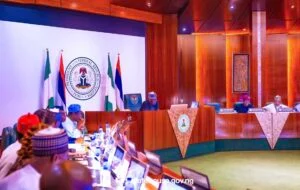

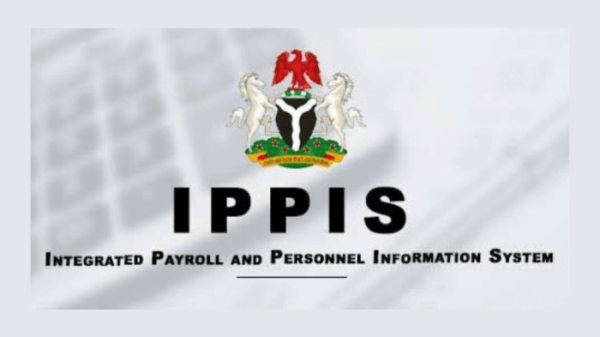






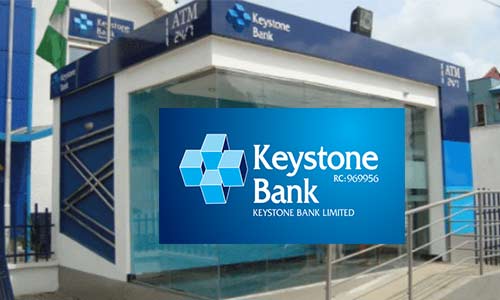

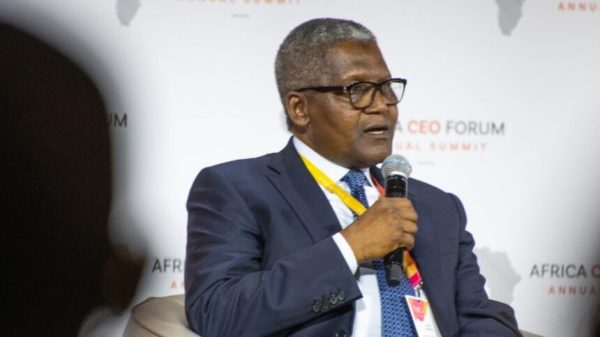


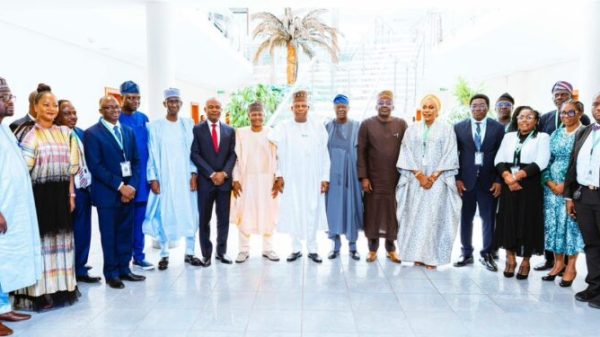
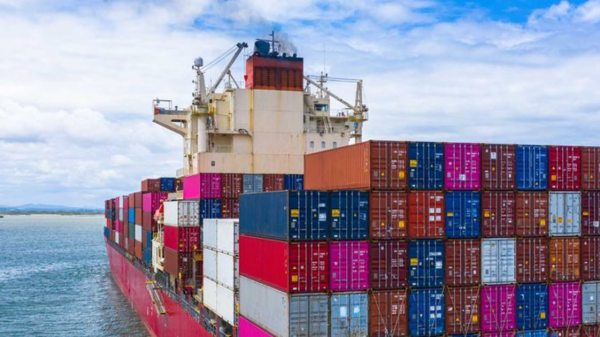





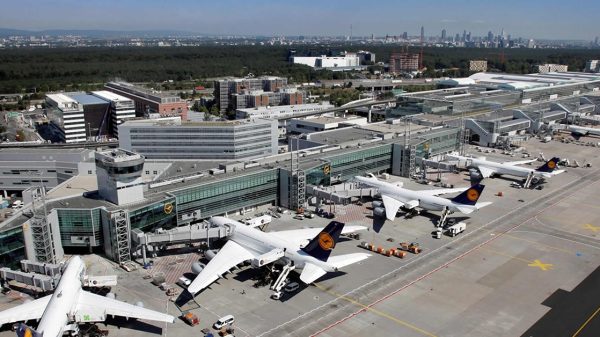

















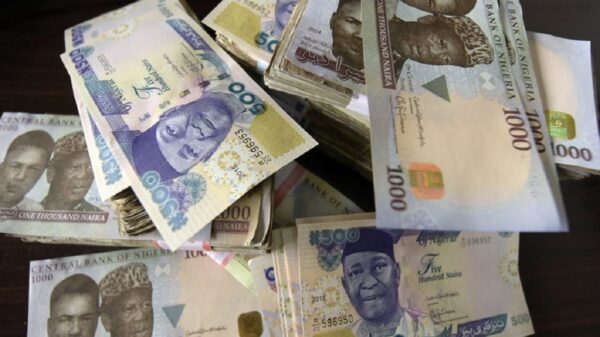












Pingback: Central Bank of Nigeria's 294th MPC Meeting Sets New Economic Directions - KSBC Journal